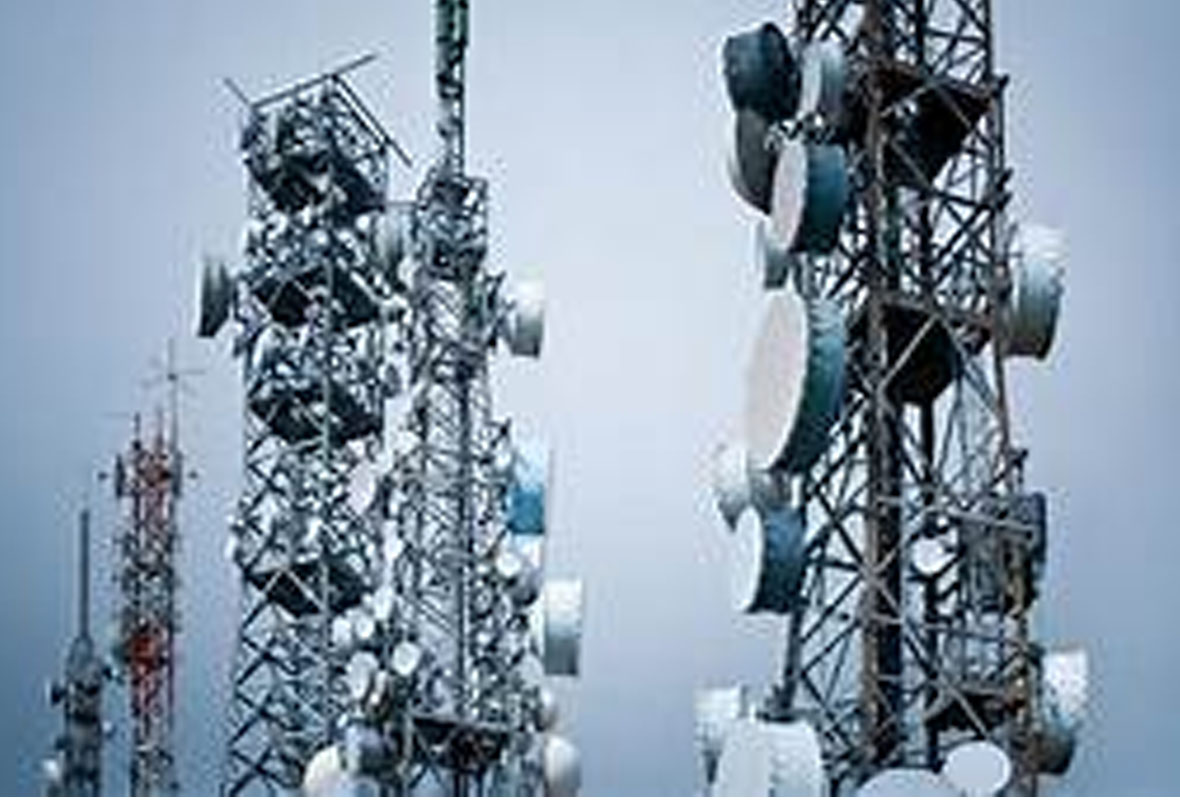MALI ang pagkaunawa ni Albay 2nd Dist. Rep. Joey Salceda sa mga desisyon ng Korte Suprema nang makipagtalo siya na ang Kongreso ay maaaring magpasa ng isang panukalang batas na hindi nagsasama sa ilang sektor sa minimum requirement na 60 porsiyentong pagmamay-ari ng Filipino para sa pampublikong utilities at ang radio frequencies ay hindi ‘natural resources’ subject sa foreign equity cap, ayon sa isang grupo ng mga abogado na naghahangad na itaguyod ang Saligang Batas.
Sinang-ayunan ng grupong Tagapagtanggol ng Watawat ang opinyon ni retired Senior Associate Justice Antonio Carpio na ang House Bill No. 78— na ipinapanukala ni Salceda na hindi nagsasama sa telecommunications companies sa term na payagan ang kanilang full foreign control — ay labag sa Saligang Batas
sa pag-aamyenda sa Konstitusyon sa pamamagitan ng ordinary legislation at sa pag-agaw sa kapangyarihan ng Korte Suprema na ipahayag ang lawak ng pribisyon nito.
“Whether or not one is a public utility is a matter of judicial, not legislative determination,” pahayag ng presidente ng grupo na si Atty. Arnel Victor Valeña.
Inihayag ni Justice Carpio ang kanyang opinyon sa Philippine Bar Association’s webinar kamakailan. Ito ang nagtulak kay Salceda na maglabas ng statement na: “The Supreme Court already sanctioned the declassification of public utilities” in decisions which upheld the exclusion of shipyards and which “no longer considered” power generation to be a public utility operation.”
Ayon naman kay Valeña, ang desisyon ng SC na sinasabi ni Salceda ay ‘inapplicable’ o hindi puwedeng gamitin sa telecommunications dahil hindi isinama ang usapin sa Kongreso sa kung babawasan ang terms sa Konstitusyon upang maiwasan ang mga restriction.
Hindi katulad ng telecommunications, sinabi ni Valeña na ang shipyards—kung saan itinatayo o kinukumpuni ang mga barko – ay nagsisilbi lamang sa limitadong kliyente at hindi sa publiko sa pangkalahatan. Taliwas sa pahayag ni Salceda, sinabi niya na sa katunayan ay ipinatutupad ng SC ang kahulugan ng ‘public utility’ sa 2003 decision nito sa JG Summit Holdings, Inc. vs. Court of Appeals.
“Shipyards were only classified as a ‘public utility’ under ordinary laws, such as Act No. 2307 in 1913, the Public Services Act in 1936, and Batas Pambansa Blg. 391 in 1983. Currently, the inclusion of shipyards is repealed by Executive Order No. 226 in 1987,” paliwanag ni Valeña.
Sa madaling salita, ang shipyards ay itinuturing na ‘public utility’ sa ‘legislative declaration’ lamang at hindi ng Konsritusyon. Hindi ito tulad ng This was telecommunications companies, na maliwanag na idineklara ng Saligang Batas ‘public utility’ sa kanilang deliberasyon.
“The framers of the 1987 Constitution were categorical that public utilities included telecommunications. No amount of legislative declaration can remove a certain business from the definition of a public utility if, in fact, the business as conducted is impressed with public use or carried on for the public benefit,” sabi ni Valeña.
“The intent of the framers of the 1987 Constitution when they included a provision on public utilities and the 60-40 foreign equity limit should be considered,” dagdag pa niya.
Nilinaw rin ni Valeña na ang pagturing sa power generation bilang hindi isang ‘public utility operation’ ay hindi kapareho ng pag-aalis dito mula sa saklaw ng ‘public utility’ sa ilalim ng Konstitusyon.
“It only meant that under the Electric Power Industry Reform Act upheld by the Supreme Court, interested parties were not required to secure a congressional franchise to operate a power generation company,” aniya.
Pinapayagan lamang ng EPIRA ang Philippine government na isapribado at i-deregulate ang industriya, subalit hindi ang i-exempt ito sa foreign equity cap, dagdag ni Valeña.


Comments are closed.